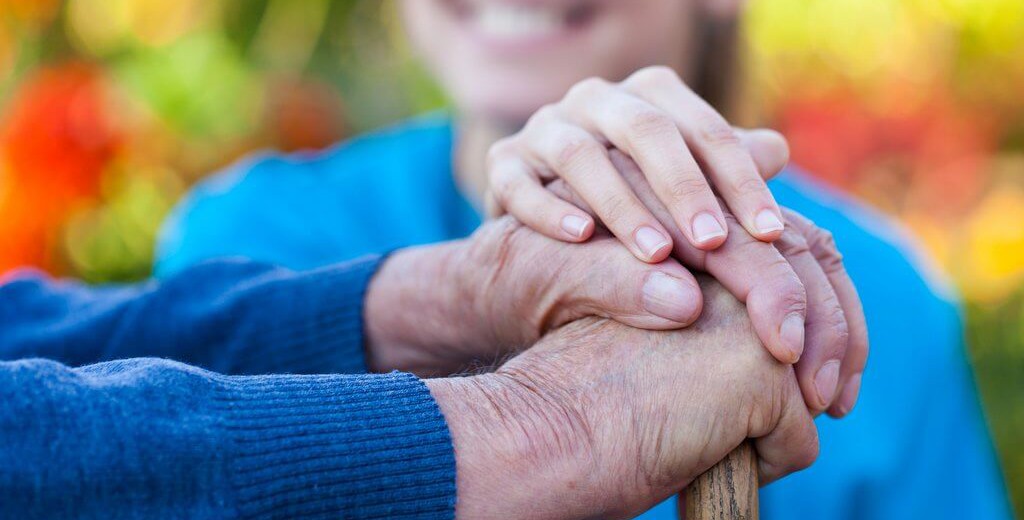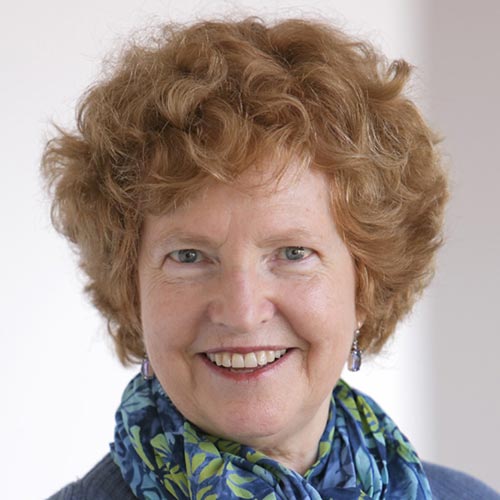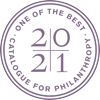This program is being offered virtually through Zoom. In order to participate and receive the Zoom link, register by clicking the RSVP button above or by emailing programs@smithcenter.org.
You will receive the Zoom information no later than the morning of your program.
with M’Bahlia Colson and Rachel Ress, LICSW

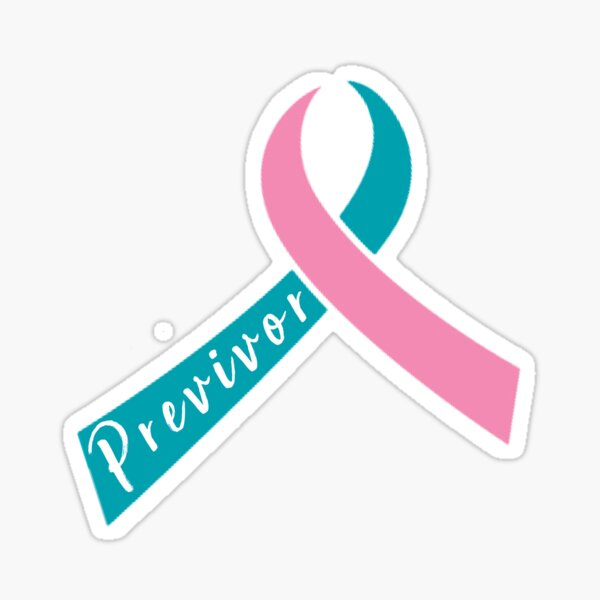
This group is for previvors who have an elevated predisposition for a cancer diagnosis or those who have tested positive to cancer genetic markers, such as the BRCA gene.
Having a predisposition to cancer can be an overwhelming experience and one that is often isolating. As a previvor, one often goes through emotional, physical, and mental hardships.
This group offers a safe space for community where you can talk openly with others who also identify as previvors.
The Previvor Support Group will meet Monthly on the 1st Thursday from 6:30 – 7:30pm ET.
Upcoming Dates:
About M’Bahlia Colson
M’bahlia is a mother, educator and a previvor. Her mom died from breast cancer and dad from prostate cancer. After two breast lumptectomies she was diagnosed with a high expentancy of developing breast cancer. She underwent a prophylatic bilateral mastectomy during the height of the Covid 19 pandemic in NYC. To her disbelief, the hospital did not offer any support for women to help navigate this “new” life. Upon returning home to Washington, DC for reconstruction again no community for support, safe space and sharing.
As an educator and administrator for more than 15 years, she earned her Bachelor’s Degree in Finance and Master’s Degree in Education. M’bahlia applies her research and education background to provide resources to her new community to help them make informed decisions and accesss to support groups.
About Rachel Ress, LICSW
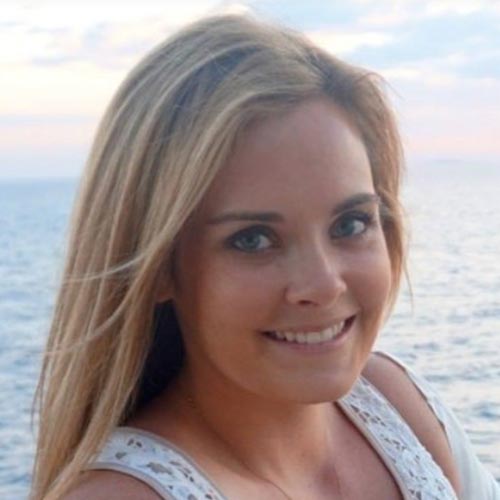
Rachel is a Licensed Independent Clinical Social Worker serving as Cancer Support Community Washington DC’s (CSC DC) Community Navigator. Prior to working at CSC DC, Rachel was an oncology social worker with the Lombardi Comprehensive Cancer Center at Medstar Georgetown University Hospital for three years. She earned her Master’s Degree in Social Work at the University of Pennsylvania School of Social Policy & Practice where she interned at Thomas Jefferson University Hospital and Children’s Hospital of Philadelphia. Rachel uses an eclectic approach in providing support and compassion to cancer patients and their families, and she is passionate about the intersection of chronic illness and mental health.
This program is being offered virtually through Zoom. In order to participate and receive the Zoom link, register by clicking the RSVP button above or by emailing programs@smithcenter.org.
You will receive the Zoom information no later than the morning of your program.
with M’Bahlia Colson and Rachel Ress, LICSW

This group is for previvors who have an elevated predisposition for a cancer diagnosis or those who have tested positive to cancer genetic markers, such as the BRCA gene.
Having a predisposition to cancer can be an overwhelming experience and one that is often isolating. As a previvor, one often goes through emotional, physical, and mental hardships.
This group offers a safe space for community where you can talk openly with others who also identify as previvors.
The Previvor Support Group will meet Monthly on the 1st Thursday from 6:00 – 7:00pm ET.
Upcoming Dates:
- October 6
- November 3
- December 1
About M’Bahlia Colson
M’bahlia is a mother, educator and a previvor. Her mom died from breast cancer and dad from prostate cancer. After two breast lumptectomies she was diagnosed with a high expentancy of developing breast cancer. She underwent a prophylatic bilateral mastectomy during the height of the Covid 19 pandemic in NYC. To her disbelief, the hospital did not offer any support for women to help navigate this “new” life. Upon returning home to Washington, DC for reconstruction again no community for support, safe space and sharing.
As an educator and administrator for more than 15 years, she earned her Bachelor’s Degree in Finance and Master’s Degree in Education. M’bahlia applies her research and education background to provide resources to her new community to help them make informed decisions and accesss to support groups.
About Rachel Ress, LICSW

Rachel is a Licensed Independent Clinical Social Worker serving as Cancer Support Community Washington DC’s (CSC DC) Community Navigator. Prior to working at CSC DC, Rachel was an oncology social worker with the Lombardi Comprehensive Cancer Center at Medstar Georgetown University Hospital for three years. She earned her Master’s Degree in Social Work at the University of Pennsylvania School of Social Policy & Practice where she interned at Thomas Jefferson University Hospital and Children’s Hospital of Philadelphia. Rachel uses an eclectic approach in providing support and compassion to cancer patients and their families, and she is passionate about the intersection of chronic illness and mental health.
This program is being offered virtually through Zoom. In order to participate and receive the Zoom link, register by clicking the RSVP button above or by emailing programs@smithcenter.org.
You will receive the Zoom information no later than the morning of your program.
with M’Bahlia Colson and Rachel Ress, LICSW

This group is for previvors who have an elevated predisposition for a cancer diagnosis or those who have tested positive to cancer genetic markers, such as the BRCA gene.
Having a predisposition to cancer can be an overwhelming experience and one that is often isolating. As a previvor, one often goes through emotional, physical, and mental hardships.
This group offers a safe space for community where you can talk openly with others who also identify as previvors.
The Previvor Support Group will meet Monthly on the 1st Thursday from 6:00 – 7:00pm ET.
Upcoming Dates:
- September 8
- October 6
- November 3
- December 1
About M’Bahlia Colson
M’bahlia is a mother, educator and a previvor. Her mom died from breast cancer and dad from prostate cancer. After two breast lumptectomies she was diagnosed with a high expentancy of developing breast cancer. She underwent a prophylatic bilateral mastectomy during the height of the Covid 19 pandemic in NYC. To her disbelief, the hospital did not offer any support for women to help navigate this “new” life. Upon returning home to Washington, DC for reconstruction again no community for support, safe space and sharing.
As an educator and administrator for more than 15 years, she earned her Bachelor’s Degree in Finance and Master’s Degree in Education. M’bahlia applies her research and education background to provide resources to her new community to help them make informed decisions and accesss to support groups.
About Rachel Ress, LICSW

Rachel is a Licensed Independent Clinical Social Worker serving as Cancer Support Community Washington DC’s (CSC DC) Community Navigator. Prior to working at CSC DC, Rachel was an oncology social worker with the Lombardi Comprehensive Cancer Center at Medstar Georgetown University Hospital for three years. She earned her Master’s Degree in Social Work at the University of Pennsylvania School of Social Policy & Practice where she interned at Thomas Jefferson University Hospital and Children’s Hospital of Philadelphia. Rachel uses an eclectic approach in providing support and compassion to cancer patients and their families, and she is passionate about the intersection of chronic illness and mental health.
This program is being offered virtually through Zoom. In order to participate and receive the Zoom link, register by clicking the RSVP button above or by emailing programs@smithcenter.org.
You will receive the Zoom information no later than the morning of your program.
with M’Bahlia Colson and Rachel Ress, LICSW

This group is for previvors who have an elevated predisposition for a cancer diagnosis or those who have tested positive to cancer genetic markers, such as the BRCA gene.
Having a predisposition to cancer can be an overwhelming experience and one that is often isolating. As a previvor, one often goes through emotional, physical, and mental hardships.
This group offers a safe space for community where you can talk openly with others who also identify as previvors.
The Previvor Support Group will meet Monthly on the 1st Thursday from 6:00 – 7:00pm ET.
Upcoming Dates:
- August 4
- September 8
- October 6
- November 3
- December 1
About M’Bahlia Colson
M’bahlia is a mother, educator and a previvor. Her mom died from breast cancer and dad from prostate cancer. After two breast lumptectomies she was diagnosed with a high expentancy of developing breast cancer. She underwent a prophylatic bilateral mastectomy during the height of the Covid 19 pandemic in NYC. To her disbelief, the hospital did not offer any support for women to help navigate this “new” life. Upon returning home to Washington, DC for reconstruction again no community for support, safe space and sharing.
As an educator and administrator for more than 15 years, she earned her Bachelor’s Degree in Finance and Master’s Degree in Education. M’bahlia applies her research and education background to provide resources to her new community to help them make informed decisions and accesss to support groups.
About Rachel Ress, LICSW

Rachel is a Licensed Independent Clinical Social Worker serving as Cancer Support Community Washington DC’s (CSC DC) Community Navigator. Prior to working at CSC DC, Rachel was an oncology social worker with the Lombardi Comprehensive Cancer Center at Medstar Georgetown University Hospital for three years. She earned her Master’s Degree in Social Work at the University of Pennsylvania School of Social Policy & Practice where she interned at Thomas Jefferson University Hospital and Children’s Hospital of Philadelphia. Rachel uses an eclectic approach in providing support and compassion to cancer patients and their families, and she is passionate about the intersection of chronic illness and mental health.




